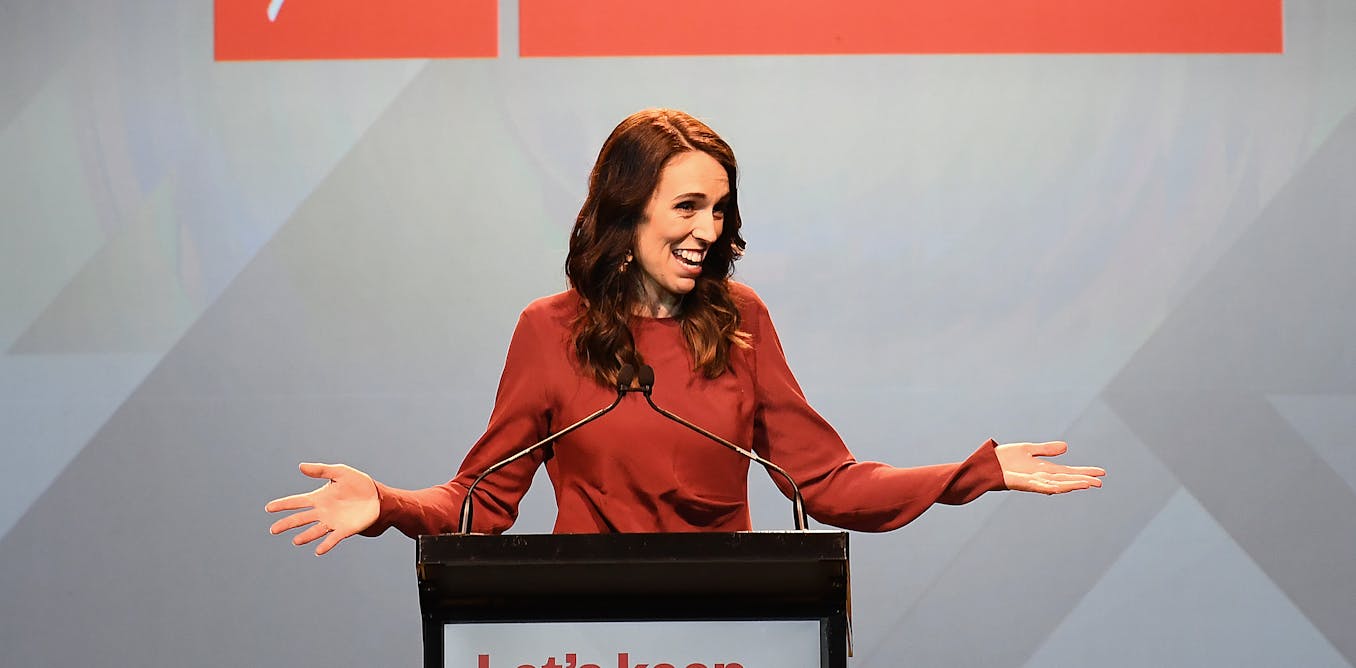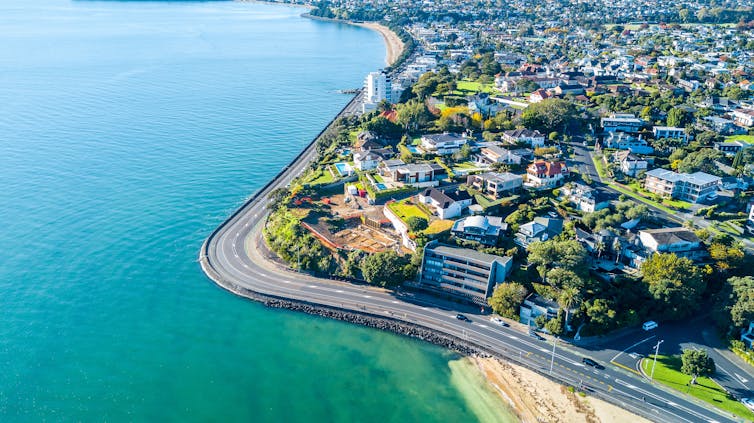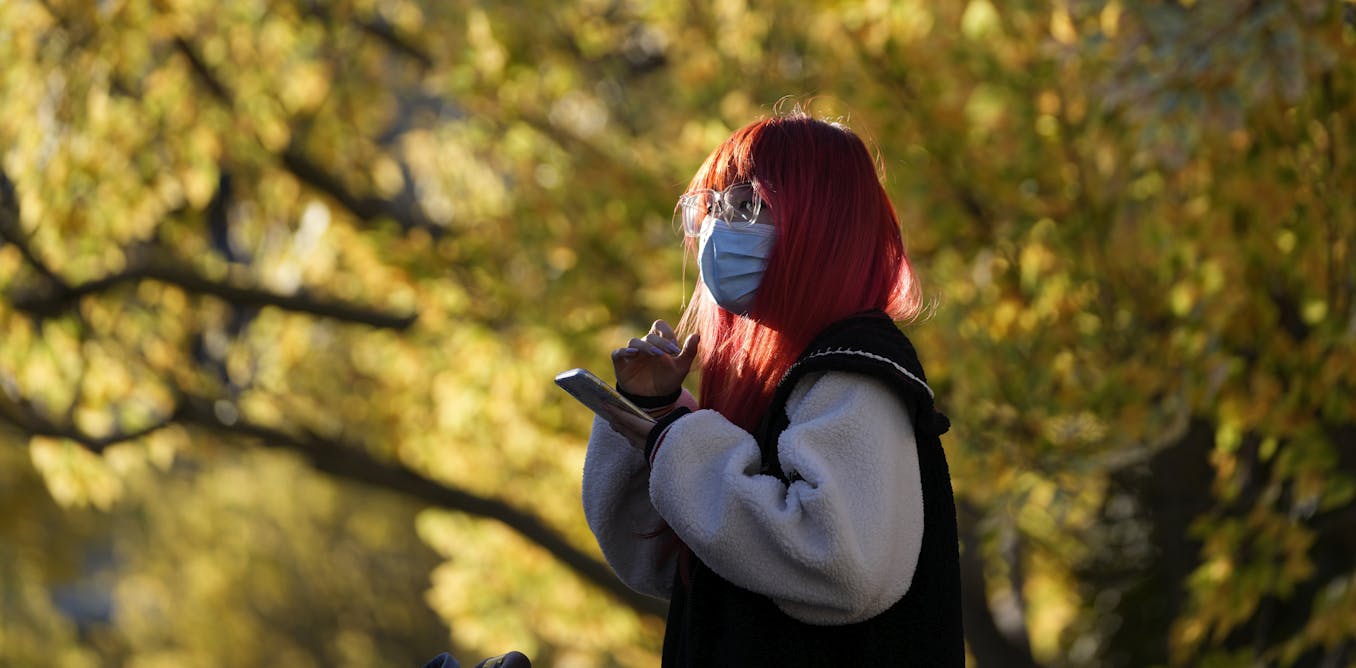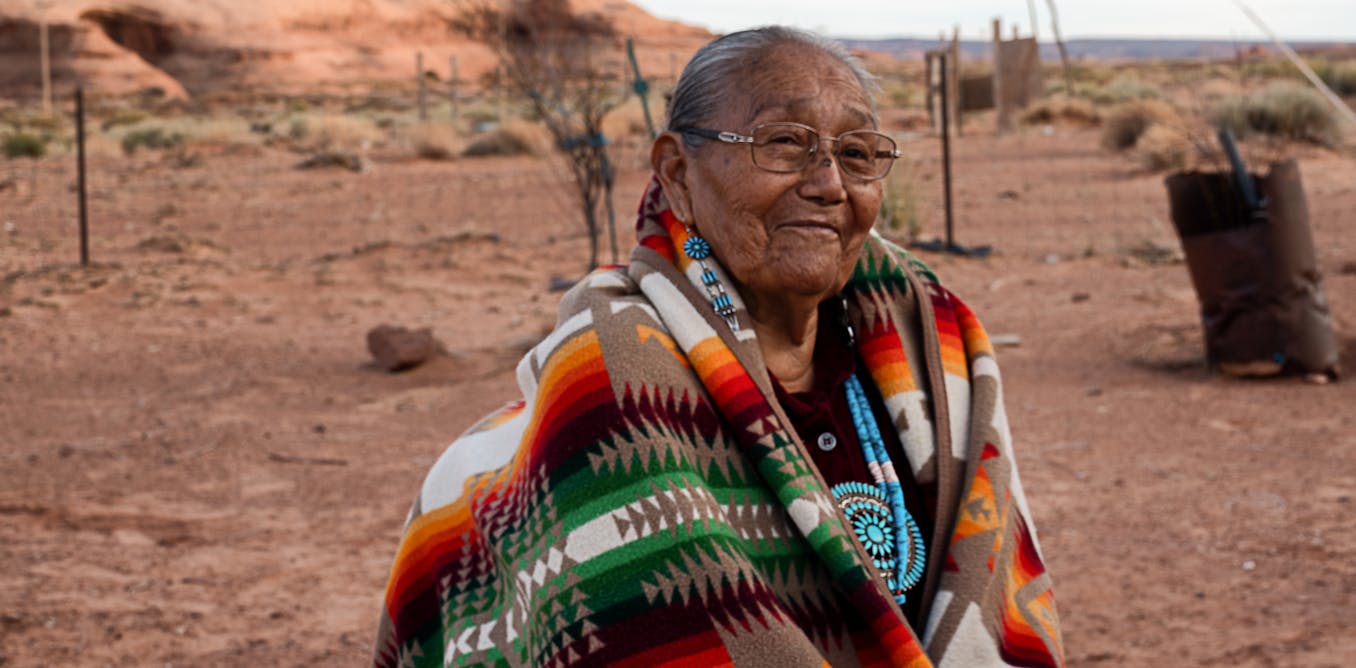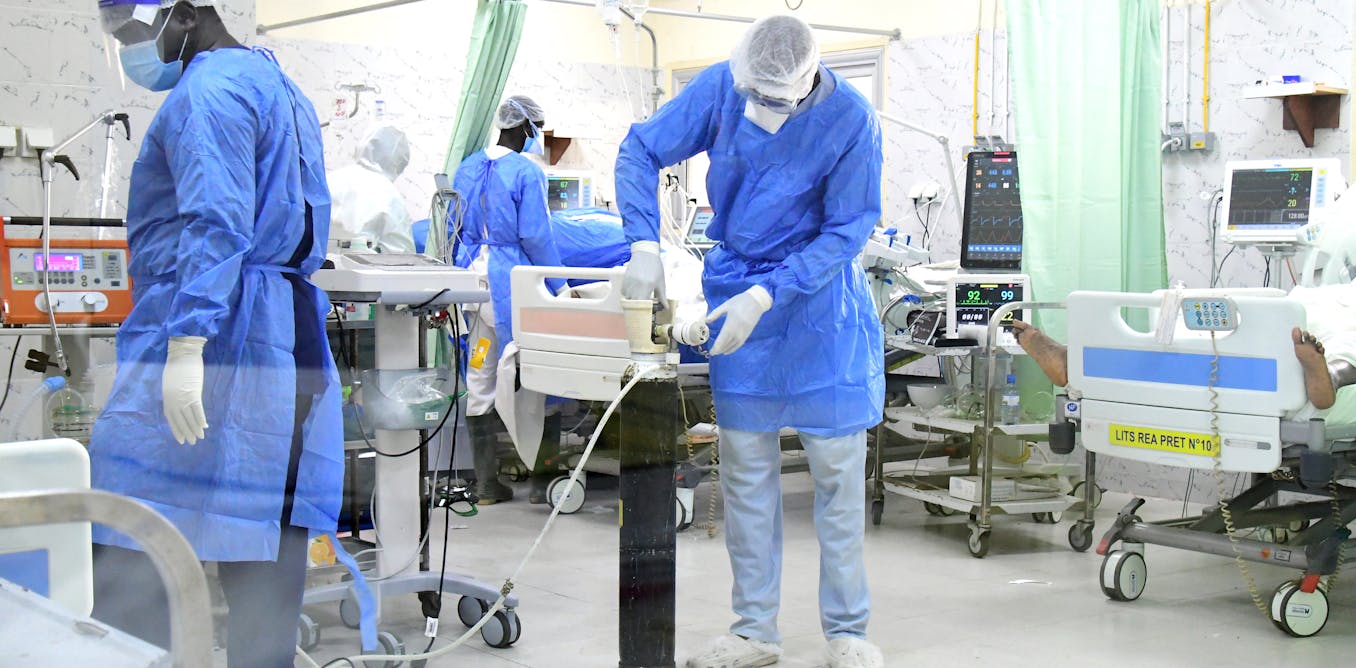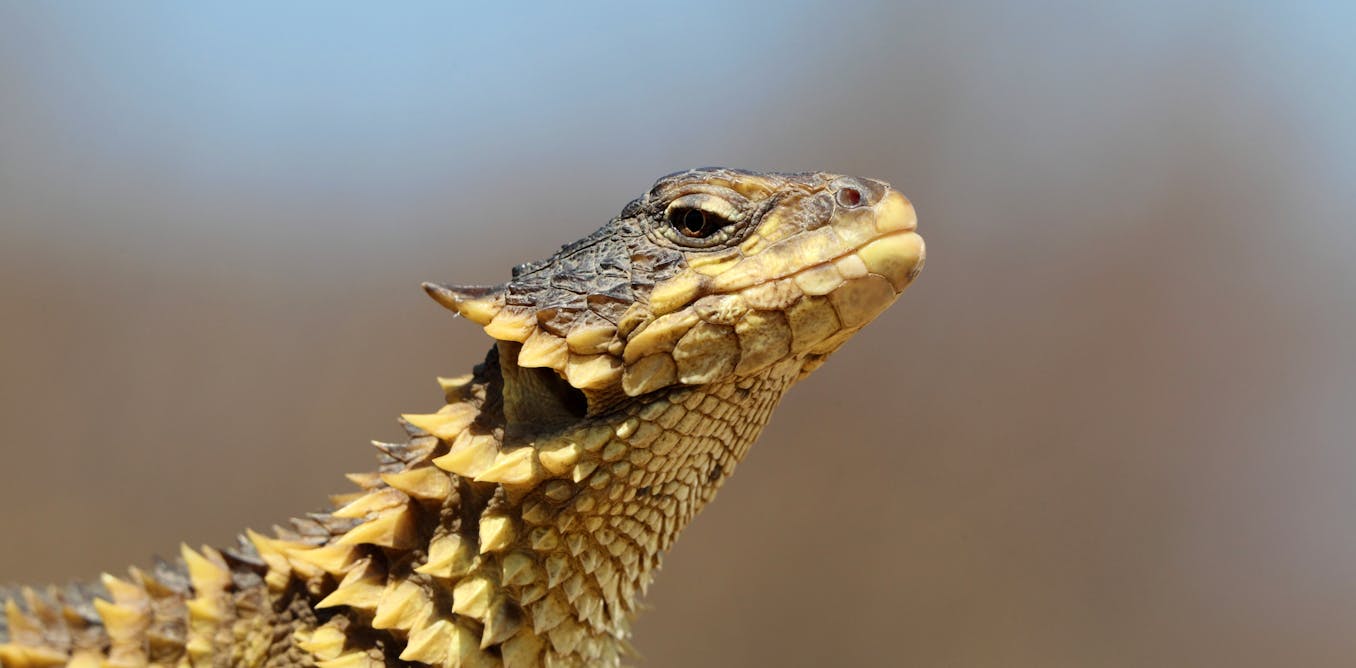Women's Afcon 2022: Nigeria sweats as Morocco and Cote d'Ivoire usher in new era
Twelve teams remain after the qualifying rounds of the 2022 Women’s Africa Cup of Nations - with Nigeria no longer automatic favourites as the competition diversifies.
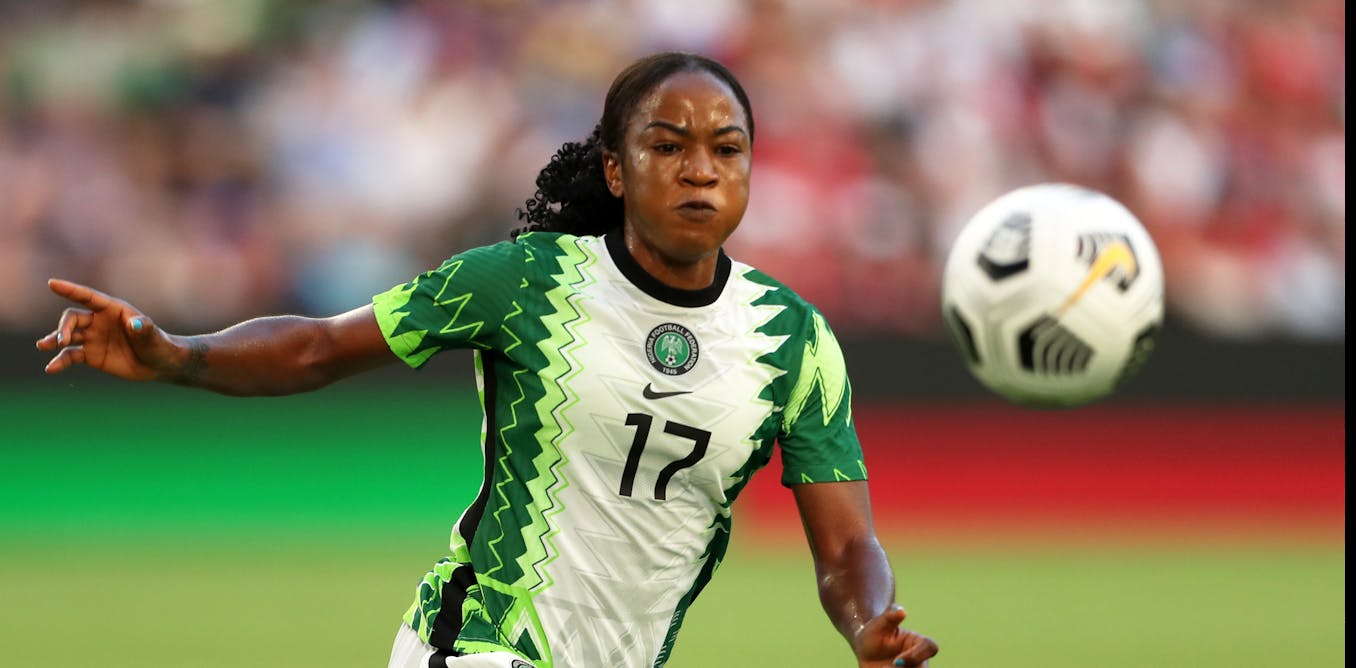
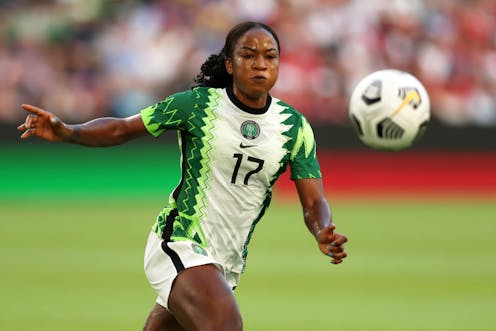
Twelve African women’s football teams remain standing after the qualifying rounds of the 12th edition of the 2022 Women’s Africa Cup of Nations (Wafcon). The final stage of this year’s tournament commences on 3 July in Morocco, with the final match scheduled for 23 July. But the story of the contest is much bigger than this year’s eventual result.
When women’s football legends Nigeria overcame Cote d'Ivoire’s challenge by just one goal to nil in the qualification round on 23 February, it showed how far the game has come in Africa and pointed to a healthy future.
Since the women’s African championship began in 1991, only a few countries have looked capable of challenging for the trophy. And only Nigeria and Equatorial Guinea have won the championship. Nigeria has won 11 of 13 finals. Only Equatorial Guinea, Ghana, Cameroon and South Africa have challenged Nigeria. They have regularly reached the final stages of the competition. But teams like Cote d'Ivoire and Morocco are working hard to change that story.
Although Cote d'Ivoire failed to get past Nigeria, it has built a credible team to challenge the top tier of African women’s football. Morocco, too, has steadily improved in women’s football. In the inaugural CAF Women’s Champions League in 2021, the Moroccan club ASFAR humiliated the Nigerian women’s champion team Rivers Angels FC 3-0. Two players in Cote d'Ivoire’s national team play for ASFAR in the Moroccan league.
Cote d'Ivoire’s rapid rise
Cote d'Ivoire has a relatively recent history of women’s football, with an official start date recorded as 1975. But its rise has been steady, through careful planning.
In 2011, Cote d'Ivoire was ranked way down at 136th in the world. But the hiring of Clémentine Touré as manager in 2010 changed the team’s fortunes. Touré had represented Cote d'Ivoire as a player in the previous decade. She has subsequently become perhaps Africa’s top manager for women’s football. She was responsible for one of Equatorial Guinea’s Wafcon wins as manager in 2008. Two years later, she took Equatorial Guinea to the finals of the same competition, losing to Nigeria.
Her achievements with Equatorial Guinea led to Cote d'Ivoire requesting that she return home to manage her country’s women’s team. That began the meteoric rise of Cote d'Ivoire. Touré changed the team and their approach, making them more competitive and focused. Success followed. Cote d'Ivoire’s women’s team reached their first African Championship tournament in 2012. Three years later, they qualified for the 2015 Women’s World Cup. To earn a place at the World Cup they had to overcome favourites such as Equatorial Guinea and South Africa.
Cote d'Ivoire, under Touré, has also encouraged women to play professionally outside the country and has recruited players born to Ivorian parents outside the country, particularly in France. Currently, the team’s players are playing professionally in Spain, France, Russia, Japan, Morocco and Equatorial Guinea.
Morocco’s steady progress
Morocco, the host of the upcoming Women’s Cup of Nations final round in July, has steadily become a force in African women’s football but is still considered a tier below Nigeria, Cameroon, South Africa and Ghana.
Recently, Morocco has built up its team, recruiting most of its players from one club – ASFAR. As many as 13 players have been invited recently from ASFAR.
Morocco’s current strength is marked by beating Cameroon 1-0 in the inaugural edition of the invitational Aisha Buhari Cup in Nigeria 1-0. The Moroccan team, managed by Reynald Pedros, don’t rely only on ASFAR but have also looked to women playing in the United States, England, Holland, Spain, Switzerland and France.
Nigeria responds
In spite of the rise of countries like Cote d'Ivoire and Morocco, Nigeria is striving to maintain its supremacy. Nigeria has dominated women’s football in Africa, perhaps due to the long history of the game in the country. Nigerian women were playing football as far back as 1937, although serious competition at the international level did not take place until the International Federation for Football Associations introduced a global competition for women footballers in 1991.
Read more: Women's football in Nigeria has a long history of defiance
As other African countries began to challenge Nigeria, the team is now seeking to draw from footballers born to Nigerian parents outside the continent. It has attracted Toni Payne from Sevilla in Spain, Nicole Payne from the United States and Ashleigh Plumptre from Leicester City in England. None of these players played for clubs in Nigeria.
In addition, the country has moved to hire foreign managers, believing that their approach will help succeed on the continent and at the global level. In 2020 the current manager Randy Waldrum, from the United States, replaced Thomas Dennerby, who previously coached the Swedish women’s national team.
As more African women’s football teams become serious contenders and professionalise, the action at the Cup of Nations is going to grow fiercer and the gap between teams narrower. This will be good for the women’s game because it will increase investment and sponsorship in the game, grow national pride and increase the fanbase of supporters.![]()
Chuka Onwumechili does not work for, consult, own shares in or receive funding from any company or organisation that would benefit from this article, and has disclosed no relevant affiliations beyond their academic appointment.
What's Your Reaction?





















